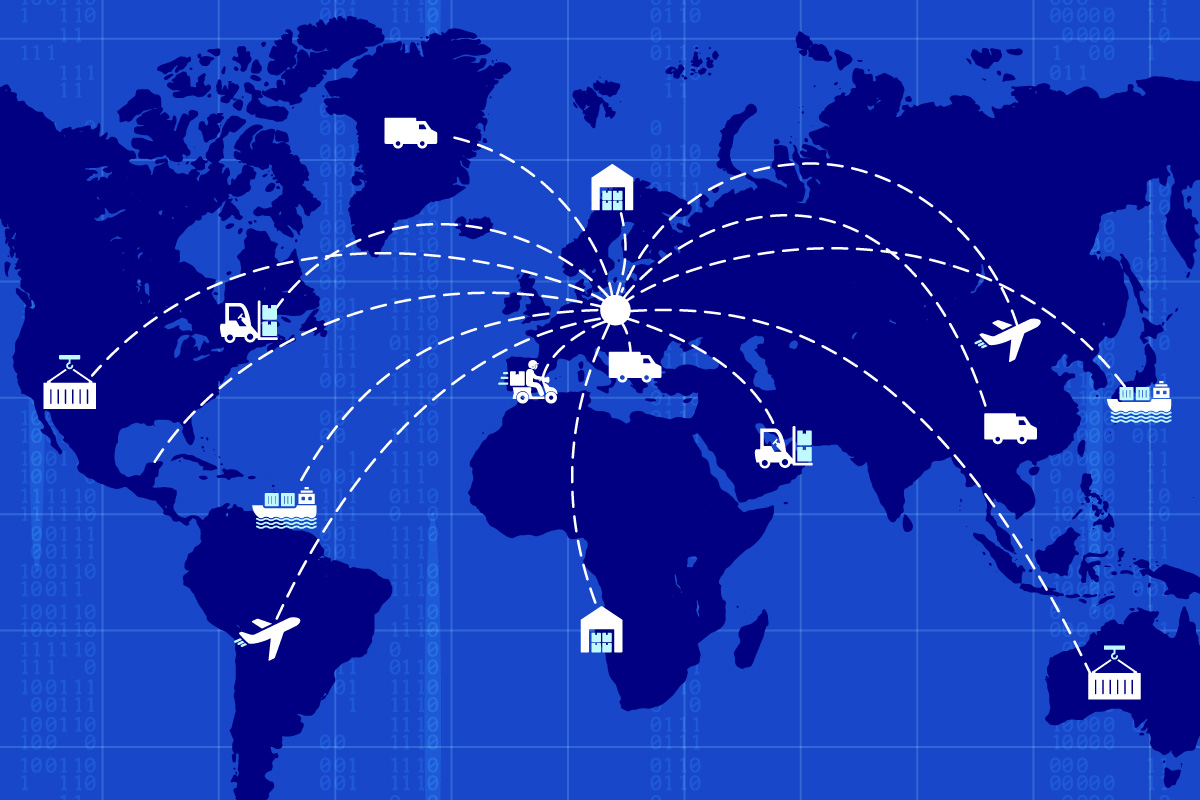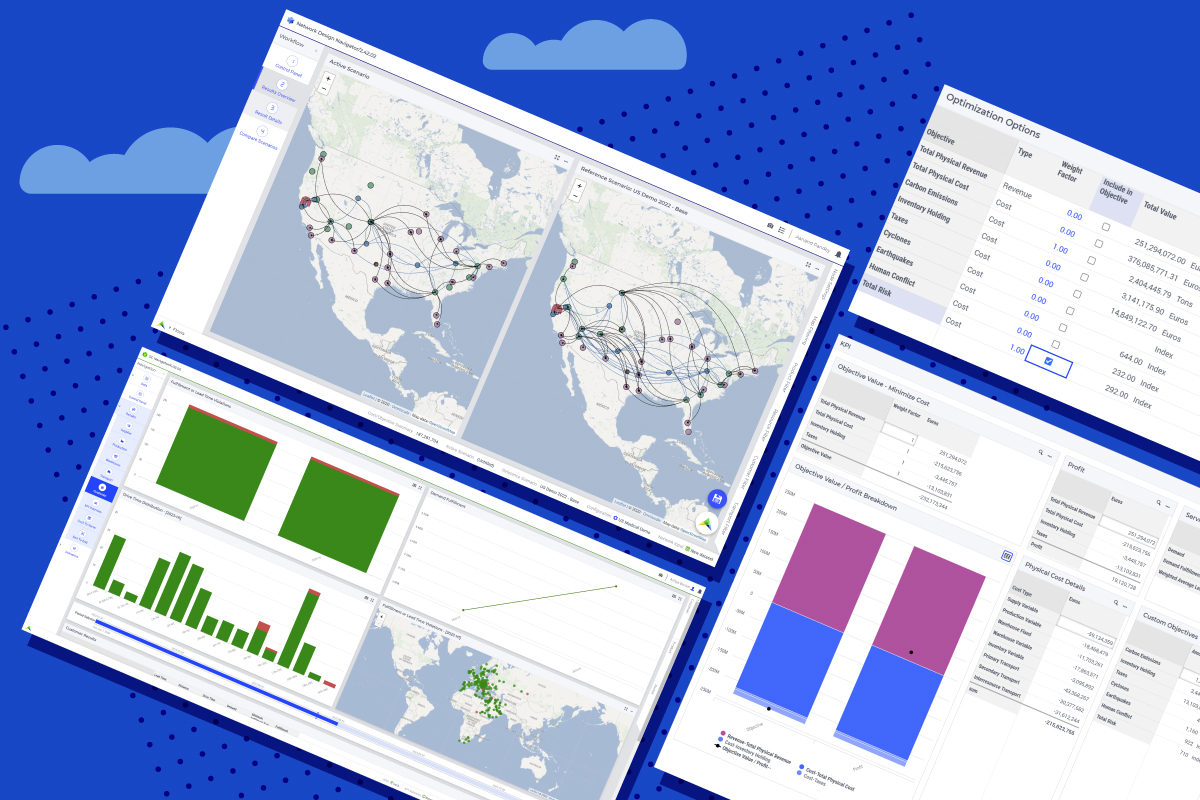Supply Chain Network Optimization Technology is Ripe for Disruption
 Something struck me after spending a few days in Phoenix at Gartner’s Supply Chain Executive Conference. Supply Chain Network Optimization is key to running an efficient and profitable operation today. But while the market has changed, network optimization hasn’t actually advanced much since the 1990s. Yes, there are lots more features and a big increase in computing power. Yet, supply chain network optimization technology is still just a richer version of the 90’s experience.
Something struck me after spending a few days in Phoenix at Gartner’s Supply Chain Executive Conference. Supply Chain Network Optimization is key to running an efficient and profitable operation today. But while the market has changed, network optimization hasn’t actually advanced much since the 1990s. Yes, there are lots more features and a big increase in computing power. Yet, supply chain network optimization technology is still just a richer version of the 90’s experience.
Analyzing the software market
Network optimization software has become a big business that’s experienced exponential growth. There has been strong adoption of boxed solutions that are feature rich with many bells and whistles. What I heard at the Gartner conference is growing frustration with these large packages that have become cumbersome to use, too difficult for the average supply chain expert, lack flexibility and have high price tags. Sound familiar?
So what is the alternative? First, we need to go back to the original purpose. Supply Chain teams shouldn’t be overly focused on technology. Instead, they should have their eyes set on the desired outcome. Supply Chain teams want a supply chain network that runs in an optimized fashion, with signals that indicate when and where to invest in future infrastructure. The network optimization tool should just be a means to an end.
So why hasn’t it become easier and cheaper to have an optimized network? Why are companies investing more and more in this focused discipline?
Envisioning the future of supply chain network optimization technology
Instead of investing more into the same approach that has been around for 25 years, how about doing things differently? Here’s what you should expect:
- Network Optimization should cease being a large project based initiative and should move to running continuously in the background
- An A.I. based alert system should indicate when teams should take action and be accompanied by a recommended action (Prescriptive)
- Network Optimization applications should cease utilizing data for a single purpose (the model) and share data with other functional SC needs
- Pricing should reduce for this functionality, after 25 years it should be more of a commodity application
We believe network optimization will be better served as part of a bundle of applications on a common prescriptive analytics platform. The value is in the platform that leverages data and skills across multiple supply chain functions. For example S&OP, Inventory Optimization and Workforce Scheduling. Only then can supply chain teams focus on innovation and differentiation and not engage in expensive and time consuming network optimization projects. More time can be spent making great decisions, less time operating tools.
Supply chain network optimization tools aren’t future-proof. For future proofing, only innovation and differentiation will remain relevant. We’ll have something to show you very soon at AIMMS that meets these new needs…stay tuned.




